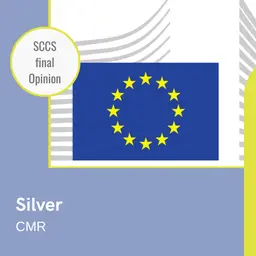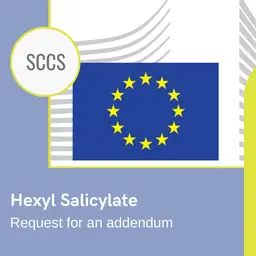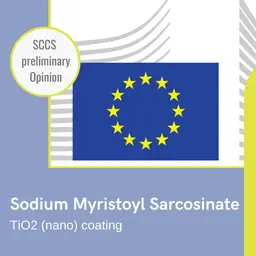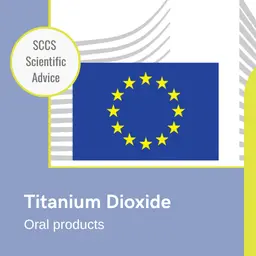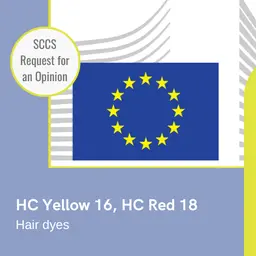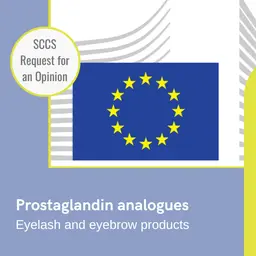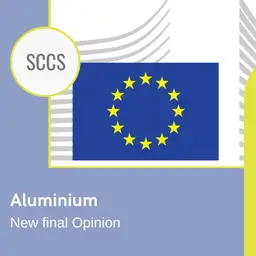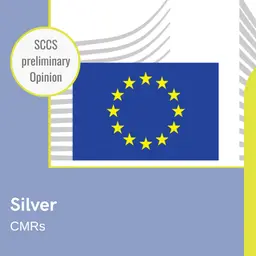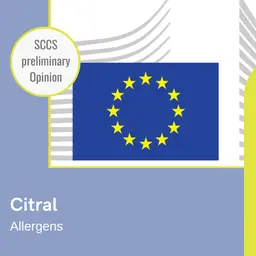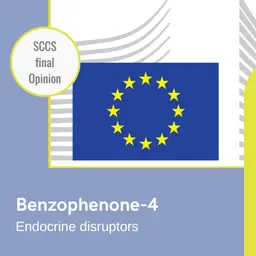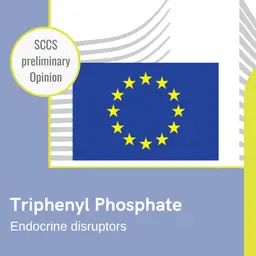
The hair dye ingredient Hydroxypropyl p-phenylenediamine and its its dihydrochloride salt will undergo a new safety assessment by the SCCS. The request was made by the European Commission. The Scientific Committee accepted this mandate on 20 September 2022.
Background
Hydroxypropyl p-Phenylenediamine with the chemical name “3-(2,5-diaminophenyl)propan-1-ol” and its dihydrochloride salt with the chemical name “3-(2,5-diaminophenyl)propan-1-ol dihydrochloride salt” (CAS/EC No.73793-79-0/827-723-1 and 1928659-47-5/-, respectively) are considered cosmetic ingredients with the reported functions of hair dyeing. Currently, they are not regulated under the Cosmetic Regulation (EC) No.1223/2009.
In 2018, Commission’ services received a dossier from industry to support the safe use of Hydroxypropyl p-Phenylenediamine and its dihydrochloride salt as a hair dye in cosmetic products. In its corresponding Opinion, SCCS/1608/19, the SCCS concluded that “In light of the data provided, the SCCS considers that Hydroxypropyl p-Phenylenediamine and its dihydrochloride salt are not safe when used in oxidative hair colouring products due to potential genotoxicity.” In addition, the SCCS noted that “A mild to moderate eye irritation potential of the test item cannot be excluded.”
With submission II, received in June 2022, the applicant provided additional data in order to address the issue of genotoxicity and requests to re-assess the safety of Hydroxypropyl p-Phenylenediamine and its dihydrochloride salt (A165) intended to be used in oxidative hair colouring products up to a maximum on-head concentration of 2%.
Questions to SCCS
1. In light of the data provided, does the SCCS consider Hydroxypropyl …

